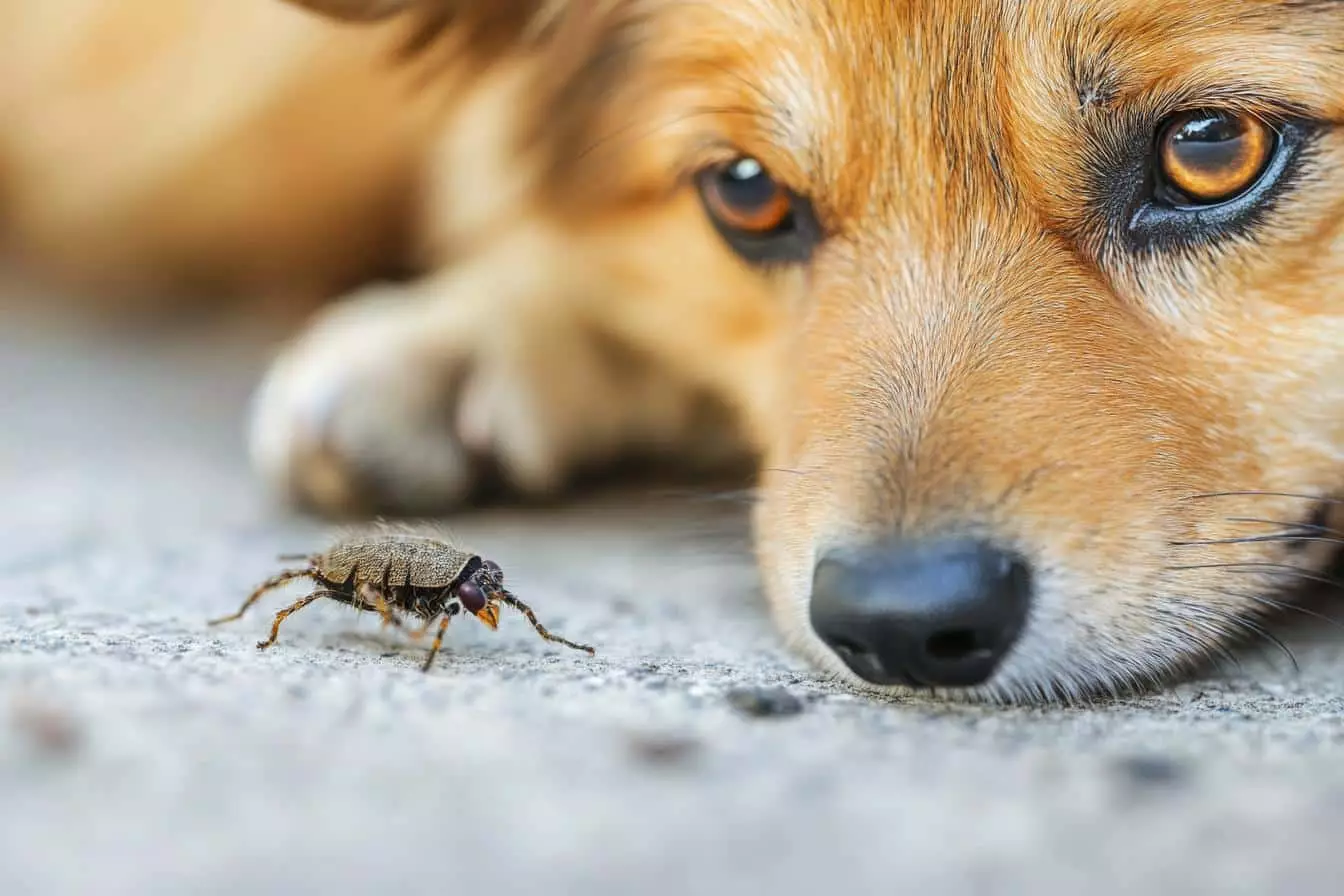Fleas and ticks are not just mere irritations; they pose serious health risks to our beloved pets and can even affect our households. Given the staggering number of parasites thriving in our environment, pet owners find their furry friends in a constant battle against these unwelcome nuisances. While conventional chemical treatments deliver quick results, they often come laden with side effects and health concerns. As pet parents become more health-conscious and aware of the holistic benefits present in nature, they yearn for alternatives that promote wellness without all the chemicals. Herein lies the beauty of nature’s bounty, which offers an arsenal of foods that not only nourish but also provide effective anti-parasitic properties.
The Garlic Guardian
Garlic, often hailed as a superfood, holds significant power in the fight against pests. This humble bulb contains potent sulfur compounds that seep through the skin, making pets less appetizing to fleas and ticks. However, moderation is crucial; excessive garlic can lead to toxicity in pets. Introducing controlled amounts into your pet’s diet can create a natural barrier against these pests. Before embarking on this journey, be sure to consult with a veterinarian to establish a safe dosage, ensuring Garlic can serve its protective role without becoming a hazard.
Apple Cider Vinegar: Nature’s Balancer
Apple cider vinegar (ACV) is much more than a trendy ingredient found in health food stores. With its natural antimicrobial properties, ACV can significantly alter your pet’s internal environment, deterring parasites from settling in. By adding a splash of this magical liquid to your pet’s drinking water, the acidic nature of ACV helps maintain an unwelcoming pH level on the skin, which ticks and fleas find unattractive. A simple mix of one teaspoon of ACV per quart of water acts as a bodyguard, simultaneously supporting digestion and promoting overall immune health.
Delight in Pumpkin Seeds
Pumpkin seeds, a beloved snack for many, actually carry extraordinary benefits beyond their nutritional value. Packed with cucurbitacin, an amino acid that can paralyze intestinal parasites, these tiny seeds serve as a formidable natural dewormer. Not only do they work internally to repel unwanted guests like fleas and ticks, but they also contribute to your pet’s overall health with their rich content of essential fatty acids and antioxidants. Ground pumpkin seeds can easily be sprinkled over meals, delivering an effortless anti-parasitic boost to your pet’s diet that may seem inconsequential but yields significant protection.
Coconut Oil: A Multifunctional Marvel
Coconut oil is celebrated not just for its health benefits but for its powerful properties in repelling pests. This tropical treasure contains lauric acid, an active compound revered for its ability to fight off fleas, ticks, and other unwanted visitors. When added into your pet’s diet in moderation, coconut oil works wonders on their skin and coat, while also fortifying their internal condition to become less appealing to parasites. Topically, it can soothe irritated skin, offering dual benefits that make it a must-have in any pet owner’s arsenal. Coupled with Organic Chicken Bone Broth Powder, coconut oil can elevate your pet’s overall wellness, ensuring they remain joyful and fit.
The Importance of Brewer’s Yeast
Brewer’s yeast, often overlooked, is a powerhouse of B vitamins and other nutrients that can elevate your pet’s immune system while keeping those pesky fleas at bay. When ingested, it emits a scent that is invisible to human noses but repugnant to fleas and ticks. A simple sprinkle of this nutritional supplement can usher in a more formidable defense against parasites, making it a smart choice for conscientious pet owners. Variants like Glucosamine and Turmeric Chews combine the benefits of brewer’s yeast with additional joint and immune health perks, proving that keeping your pet’s health intact requires a multi-faceted approach.
By integrating these natural anti-parasitic foods into your pet’s nutritional regimen, you empower them to combat fleas and ticks from the inside out. Such an approach not only minimizes reliance on synthetic chemicals but also fosters a healthier living environment for both pets and their families. In the end, a pest-free life is not simply about immediate relief; it is about nurturing a lifestyle that blends diet, hygiene, and routine veterinary care, ensuring that you and your pet thrive together in harmony.

